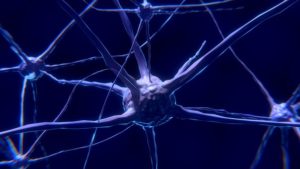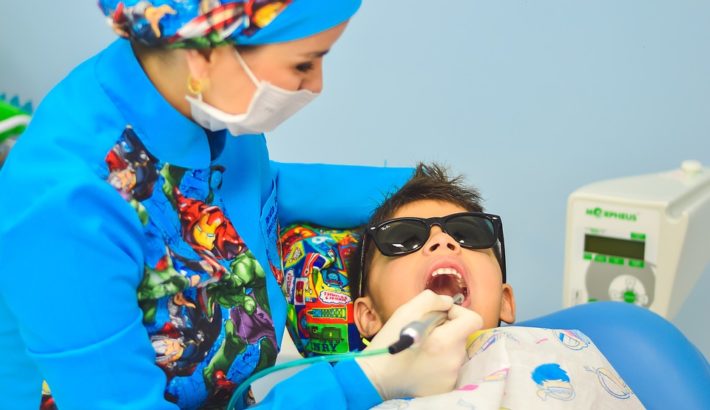The official name of novocain is procaine hydrochloride. This drug is mainly used by dentists when they are performing dental procedures like cavity fillings and tooth extractions. It is one of the localized anaesthetics which works effectively and quickly. This product is safe for use. However, this product has some typical side effects which are experienced after the dental procedure. These effects include numbness, tingling, and pain.
Patients are advised to consult or speak with a dentist before undergoing any procure that requires Novocain. This is done to help the patients in identifying the warning signs after the treatment. Luckily, these effects are not serious. Patients who have not used this product before should inform the dentist. The effects or symptoms to watch are mainly limited to the areas where this product is administered-around the mouth. These symptoms include swelling and breathing difficulties in severe cases.
Effects on the central nervous system

Even this is rare Novocain can interfere with the normal function of the nervous system. This can be avoided by thoroughly reviewing the medical history of the patient. This will be helpful in determining the right dosage and possible pre-existing conditions. Excessive dosage of Novocain can lead to nervousness and dizziness of the central nervous system of the patient.
It is therefore important for every patient to inform his or her dentist of the current prescription medications and OTC the patient should also notify the dentist about any other health concern. This product can interact with other forms of medications leading to certain health conditions.
Other side effects

Some of the rare side effects associated with Novocain include chest pain, irregular heartbeat, vomiting, nausea, seizures, restlessness, anxiety, and trembling. Even though these effects are not common, sometimes they can be very dangerous. It is therefore imperative for the patients to inform the dentists of what they are experiencing.
Dentist and are well conversant with all the less common and common side effects associated with this product. These effects should be discussed with the patient before the treatment process. These professionals are experienced on how to handle the patients who have a negative reaction. They will always act accordingly by recommending another medical care or choosing a different form of anaesthetic once the patient develops any negative reaction. The dentist will also note in your chart if any problem occurs. This is recorded for any future procedure.
…

